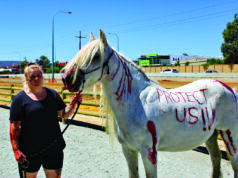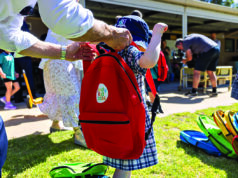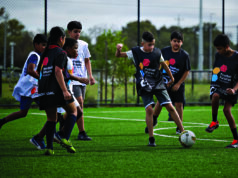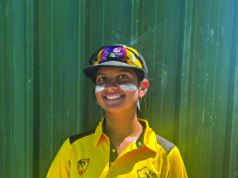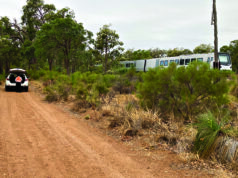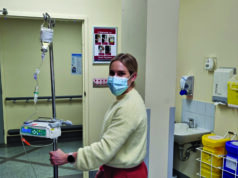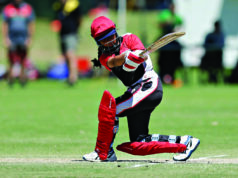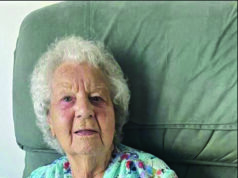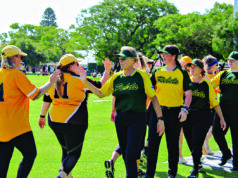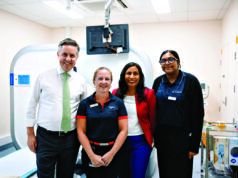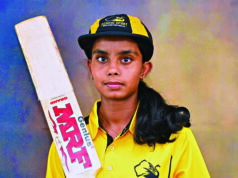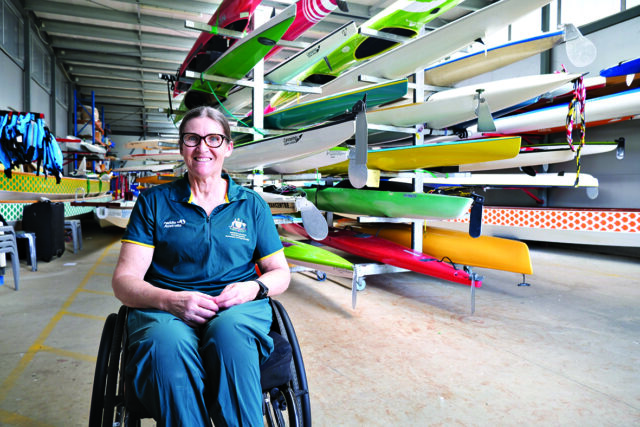
Before flying to Hungary to compete at the Canoe Marathon World Championships (CMWC), Kathy Mallory had never raced alongside another marathon competitor with the same disability.
“Literally, this is the first time there’s been a race in my (disability) class,” she said.
“In Australia, there aren’t any other people with my disability who are doing marathon and there’s actually no other woman with my disability currently racing, even in sprint.”
The Champion Lakes Boating Club member said she started kayaking in 1989, three years before her spinal cord injury.
Dr Mallory said she was 22-year-old and living in South Africa when she became paraplegic.
“It was a fairly natural thing to get back into a kayak and on the water,” she said.
“About four or five months after my spinal cord injury, I was lucky enough to have some club members who were happy to take me out.”
During those years, paracanoe wasn’t yet a discipline.
“I used to get in the back of a double kayak and the advantage of that is, you’ve always got somebody with you in terms of safety,” Dr Mallory said.
“The other advantage is somebody can steer the kayak for you.”
When she returned to Perth in 2001, Dr Mallory said she met Robin Brown who was very involved with the Champion Lakes club and encouraged her to get back on the water.
“By that stage, paracanoe was just starting to become an official discipline. It was really in its infancy,” she said.
More than 20 years later, Dr Mallory wore the green and gold and represented Australia in Europe’s first official paracanoe marathon race last September.
Dr Mallory competed in the KL1 category, which is for people with a higher level of disability, according to the International Canoe Federation’s 2025 competition rules.
She said she’d been selected to compete internationally in the past but felt she wasn’t ready.
“But this year, all the ducks were lining up,” Dr Mallory said.
“There was a lot we had to sort out but I was feeling mentally strong.
“I had to look after my body because I tend to be a bit injury prone but I felt like I had that well under control as well.”
Dr Mallory said a major challenge she faced was not being able to bring her own kayak to Europe.
“If you come from out of Europe, you’re usually relying on renting a kayak,” she said.
“The kayaks are 5.2 metres long and even if you had enough money to pay for airfreight, they won’t load it because of the length.

“It’s pretty touch and go whether you get a kayak that really suits you.”
Even without the boat, Dr Mallory still had to fly with some of her own equipment which added to the cost of travelling internationally.
“For me, I’ve got to fly my seating; I’ve got to fly with quite a lot of padding that I put in the boats so I can sit properly; I fly with the extension on the rudder bar so I can steer with my hand because I can’t use my feet,” she said.
“Unfortunately, because marathon’s not an Olympic discipline, it doesn’t attract direct funding through government.”
In the lead up to the championship, Dr Mallory started training with a Poland-made boat so she could rent the same kind when she arrived in Hungary.
Upon arrival, she was given the wrong boat.
“The boat was too unstable for me and my seat wouldn’t fit in it,” she said.
Dr Mallory said she was lucky the Hungarian paracanoe coach was able to bring a boat which suited her better.
“It wasn’t exactly the same but it was a lot more suitable than what I might have otherwise had to try and battle,” she said.
“But it was hard because I lost two days of training.
“That also meant I had less time to set the boat up.
“Looking at the big picture, they were very forthcoming to find a boat for me – I was lucky.”
Falling short of a bronze medal, Dr Mallory said she’s keen to go back and give it a better shot.
Earlier this month, Paddle Australia held its annual awards night where Dr Mallory was awarded the Paracanoe Paddler of the Year.
Dr Mallory said athletes with disability relied heavily on their family for support.
“My husband is always my training partner even when he didn’t want to train through winter,” she said.
“(We) acknowledge the significant commitment that those around us put in because without them, we don’t get on the water, we don’t train and we certainly don’t go to competitions on the other side of the world.
“The minute you’ve got a significant disability, there’s a big team behind (you).”


